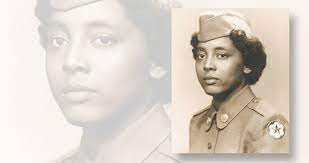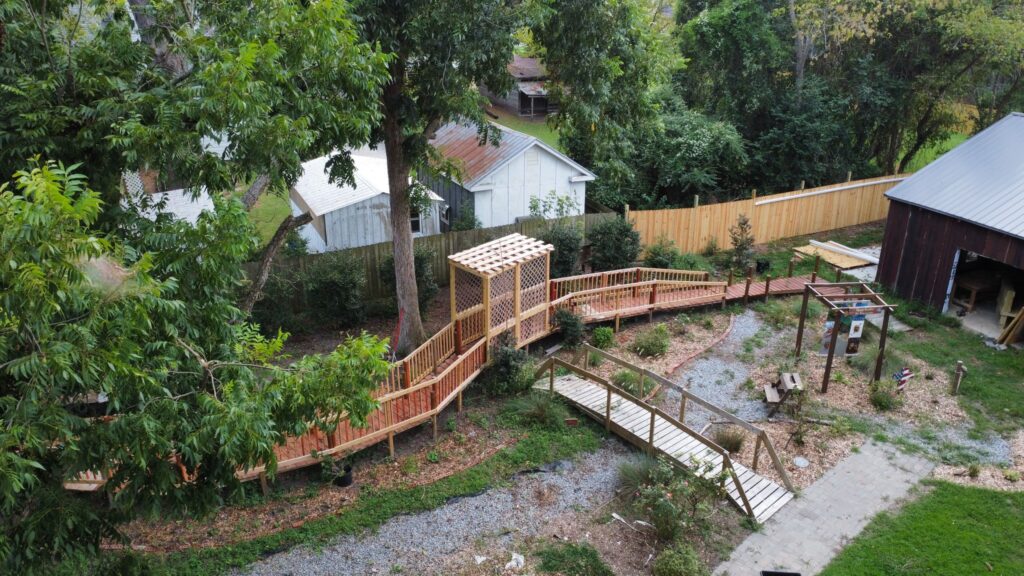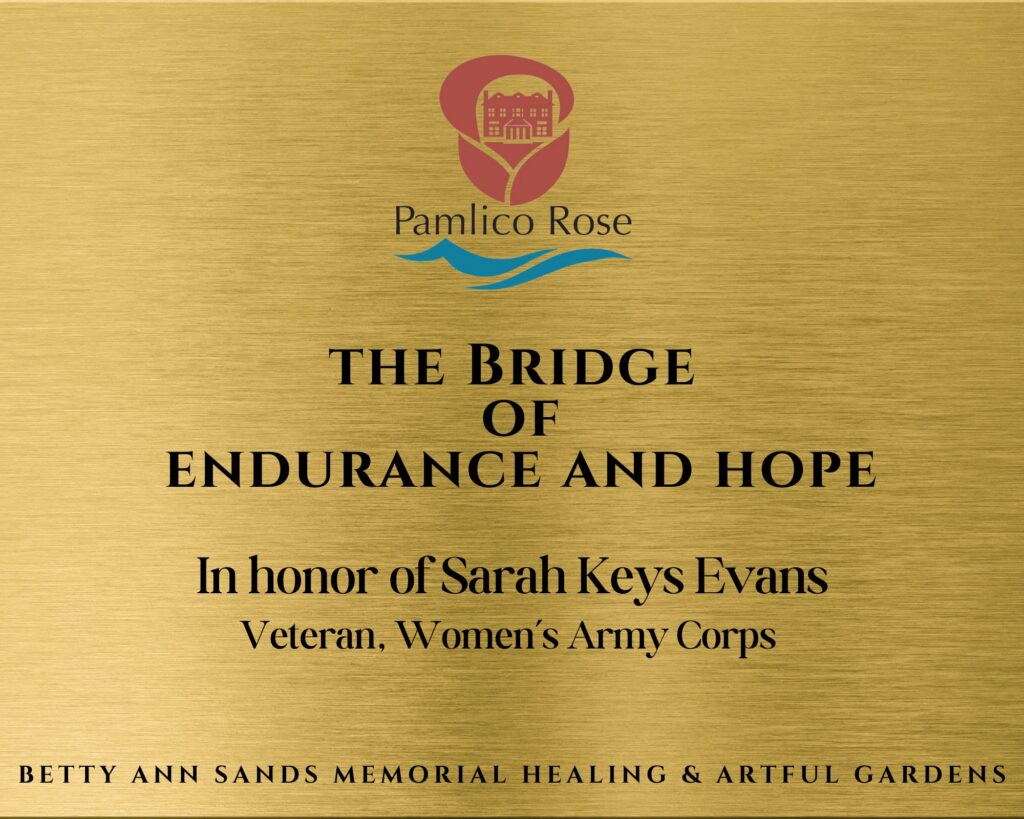Sarah Keys boarded a bus in Trenton, NJ in August of 1952 as a woman soldier on leave going home to visit her parents in Washington, NC. Private Keys got off the bus, not in Washington, NC and not of her own volition, but in Roanoke Rapids and arrested for disorderly conduct. In 1946, the Interstate Commerce Commission (ICC) ruled that on buses thattravel across state lines, African Americans could not be forced to give up their seats and move to the rear of the bus. When told she had to give up her seat to a white Marine, Sarah refused. After an overnight stay in jail, she was put on a bus the next morning and completed her trip home. Supported by her parents, Sarah decided to fight the charge and began a more compelling passage. She lost in the lower district court, but with the help of two NAACP lawyers from Washington, she took her case to the ICC in 1955 and won.

In a New York Times article on the ICC’s findings, the NAACP provided a statement that was prescient in the scope of the impact Sarah Keys and her journey would have on advancing equal rights, “we consider it a most significant onward step in our efforts to eradicate compulsory racial segregation from all phases of public life in America,” adding the “ruling will be an important factor in changing the face of the South.”
Just two weeks after Sarah Keys was exonerated, Rosa Parks was arrested for refusing to give her seat up to a white man on a Montgomery, AL transit bus. Parks and other demonstrations of civil disobedience against a segregated south galvanized local organizations and leaders into a nascent civil rights movement that would shake American society to the core.
It is easy to let history with its laser focus on time, notable people and dramatic events gloss over the toll incurred by those like Sarah, who step forward or in this case “sit down” to protest injustice. Sarah was also a soldier at a time when women, especially African American women often experienced discrimination in the ranks. History may help us connect the dots of social change but lost or buried in those dots are the personal stories of those who face risk to their personal and even family’s safety to advocate and propel progress for all.
For women Veterans who struggle with the impact of trauma and negative experiences while in the military on their well-being, including their identity, self-worth and even will to live, Sarah’s journey is a fitting and emblematic story of survival to effect change and heal.
Three years ago, we embarked on building a meditation common to further the benefits of our healing and artful gardens at Rose Haven Center of Healing. Dealing with storm water runoff, we had put in a series of French drains to help disperse the runoff. We decided a bridge would help with access. After stops and starts and contributions from NC Realtors and AmeriCorps and several of our volunteers, we completed a 100-foot bridge that allows passage to the common.

Gardens, especially healing or therapy gardens, offer the opportunity to “design in” metaphors to underscore the importance of an aspect of healing. Metaphors in their simplest form compare two concepts that first seem unrelated. They also provide a channel to underscore meaning for one of the conceptsbeyond literal description. In this respect, metaphors allow a chance to highlight a more visceral appreciation that can make a personal and more resonating connection. Metaphors are useful beyond just understanding and grammatical application, they can also change the way we think about a concept, and its importance on a deeper level. This may be the most salient aspect of gardens like Rose Haven; they are spaces where the sensory buffet of nature along with metaphor creates heightened awareness around aspects of healing.
We have many such metaphors throughout our gardens, including our Tree of Life. The journey to build the bridge was by itself testament to perseverance and creativity. On February 15, as part of our observance of Black History Month, we will officially dedicate this important element of our gardens to Sarah Keys Evans to honor the contributions she tirelessly worked for to benefit civil rights. The bridge also becomes one of most powerful metaphors at our gardens to reach women Veterans and others; each step on the bridge is a reminder of the power of courage, endurance and hope in the journey of healing.


